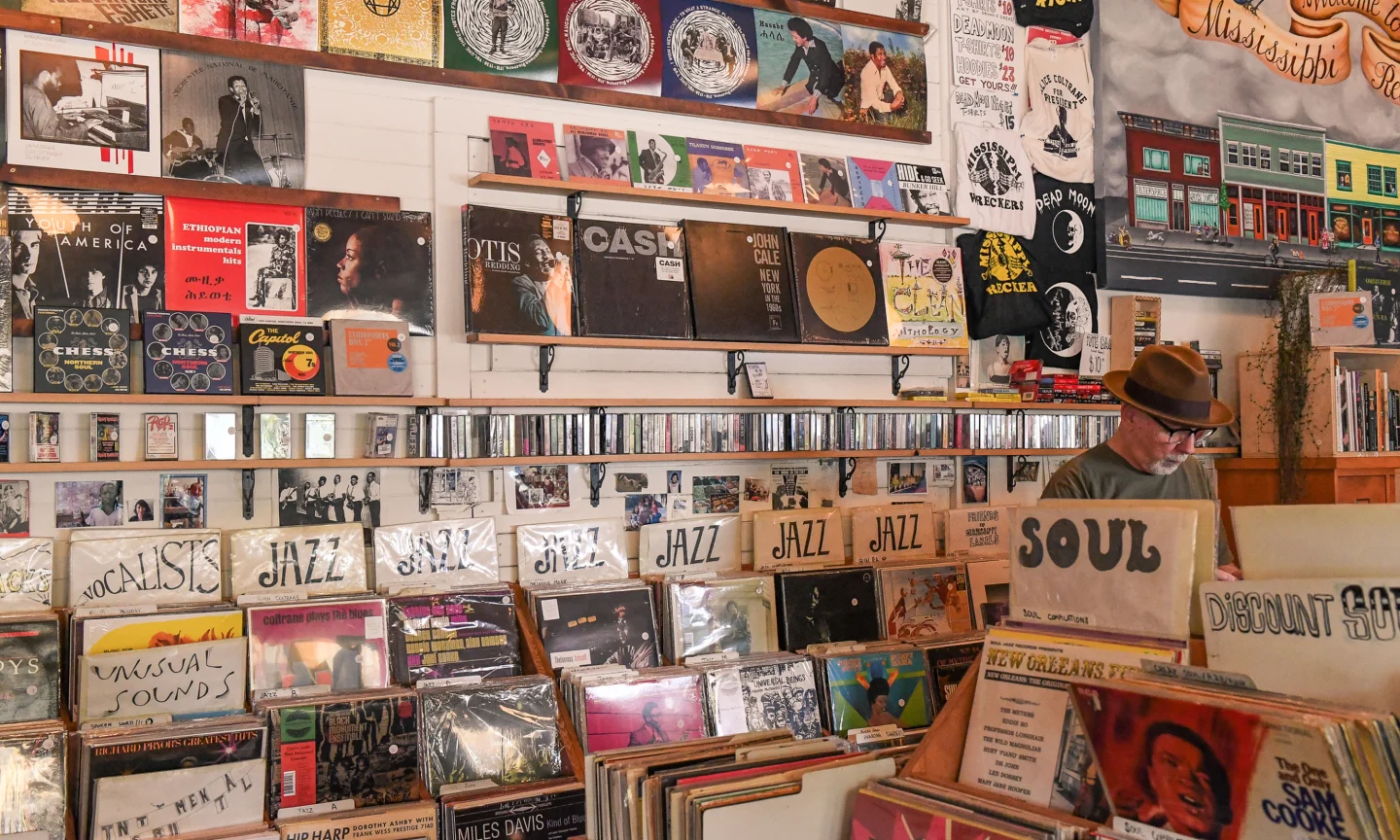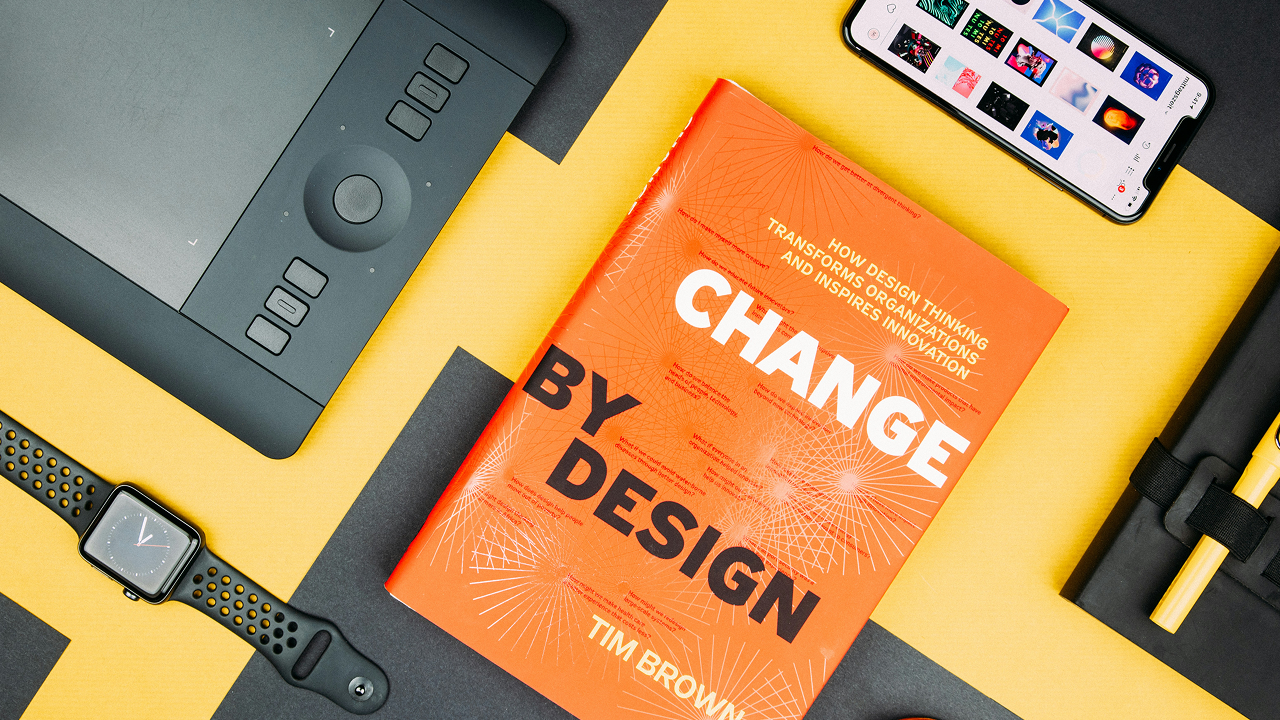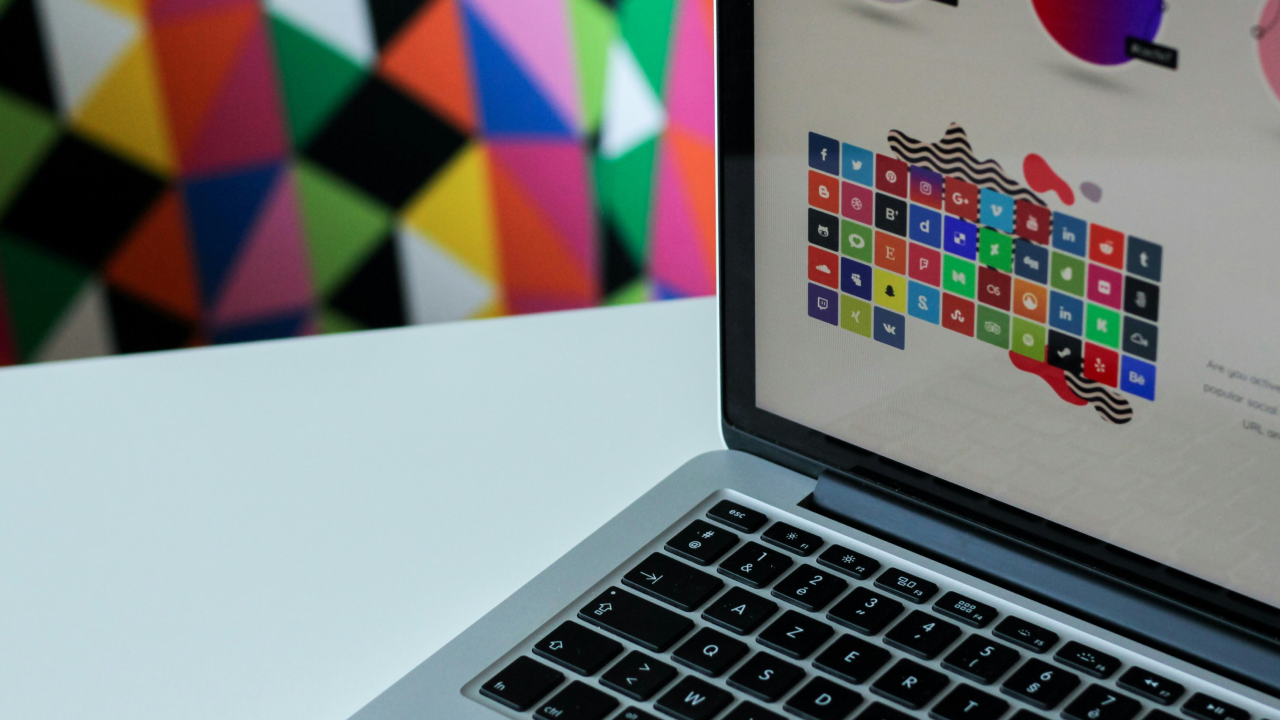Beauty Brands Are Trailblazers in AI-Enabled Strategies: Lessons for 2024
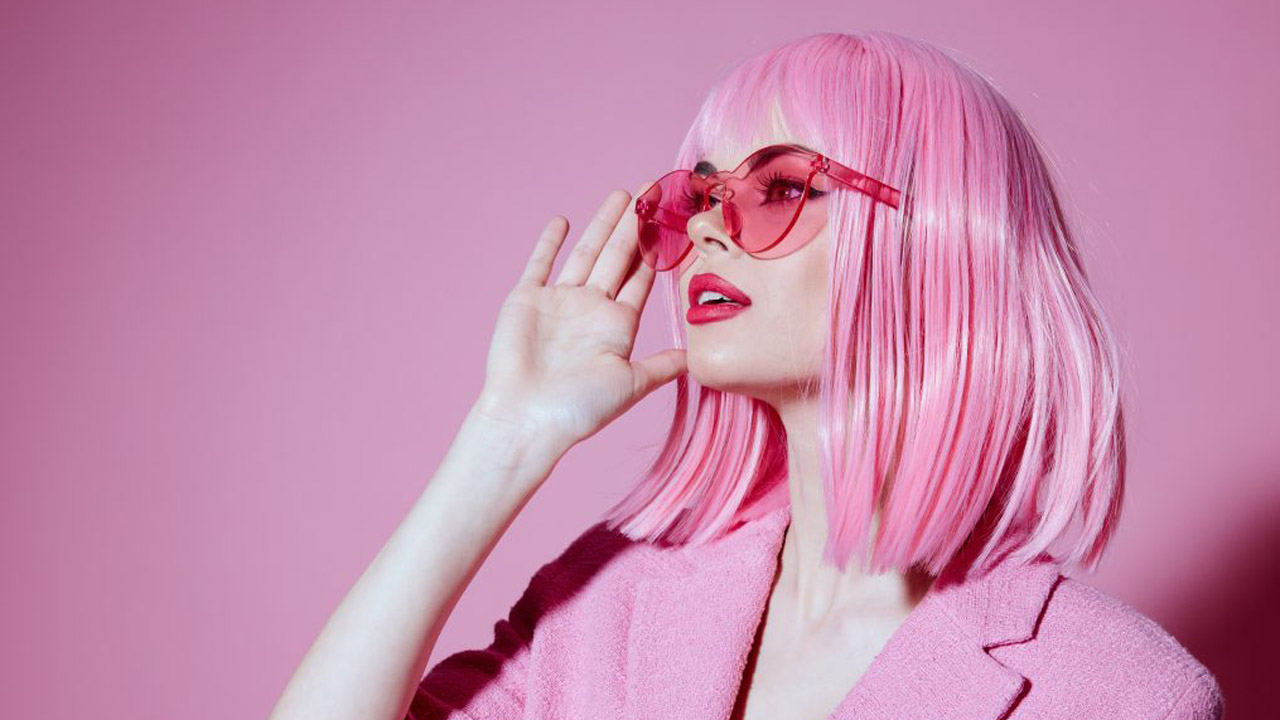
The beauty industry is all about staying on top of trends – it’s what separates the best of the best. Brands need to consider everything from pink everything right in time for Barbie to matching up to the resurgence of Y2K looks. But one perhaps unexpected area where they’ve been ahead of the curve is artificial intelligence (AI).
Now you might be thinking, well, we already know about virtual “try-ons” and similar features. But that’s AR – augmented reality, which uses AI but isn’t, in itself, AI. What AI looks like in the beauty industry isn’t always what you expect. It’s there in Meta’s Advantage Suite, which uses AI to streamline ad campaigns. Or in L’Oreal’s industry-leading ModiFace AR, which uses AI to calibrate makeup shades.
Beauty brands are accelerating investments in AI-powered innovations. So what does AI look like in the modern beauty industry – and what sort of impact will it have in the future?
The Advantages of AI Personalization in Beauty
“Personalization software” isn’t new – it’s pretty much any software that customizes a brand’s content based on customer behaviors. In the beauty industry, that can look like Sephora’s Smart Skin Scan, which uses AI to scan a person’s skin and then recommend tailor-fit products. And there are several benefits to beauty brands adopting these AI-enabled strategies.
The impact of personalization on metrics
This level of personalization has boosted brand performance significantly. Following the launch of its virtual try-on tool, Tarte Cosmetics reported a 200% increase in sales and a 30% increase in add-to-cart. Aveda put out a similar tool, which allowed users to virtually try on hair colours. The company then saw a drastic increase in traffic, with time spent on the site up by 112%.
Both the interactivity and accuracy of AI-powered tools have shown that personalized AI leads to higher conversion rates and lower cart abandonment. NARS, for example, saw a 300% increase in conversion after deploying a shadefinder and color try-on. It also experienced a 10% increase in average order size for virtual try-on products. In more general terms, SwiftERM reports that personalization technologies can lead to up 20% increase in sales, alongside increased average order value and improved customer loyalty.
AI personalization and the user experience
But AI personalization doesn’t just positively impact the company side. It’s enhancing the user experience as well. Shiseido partnered with Revieve to launch an AI Makeup Advisor, which uses AI-powered selfie analysis to generate a comprehensive list of recommended products, all based on a user’s beauty goals. This lets a person “try on” the products in a true-to-life way, so they can judge for themselves if they like the look or not. But beyond that, it helps users bypass the seemingly infinite product choices, instead narrowing down the selection to what would “best” suit them.
With recommendations now tailored to consumers based on their unique beauty goals and needs, there follows increased customer satisfaction thanks to more accurate, effective beauty solutions.
The Smart Creative Canvas: AI & AR Advancements for Beauty Brands
Artificial intelligence has boosted existing tech for beauty companies across the board. From virtual try-ons to tailor-made product lists, shopping for cosmetics and skincare is more streamlined than ever.
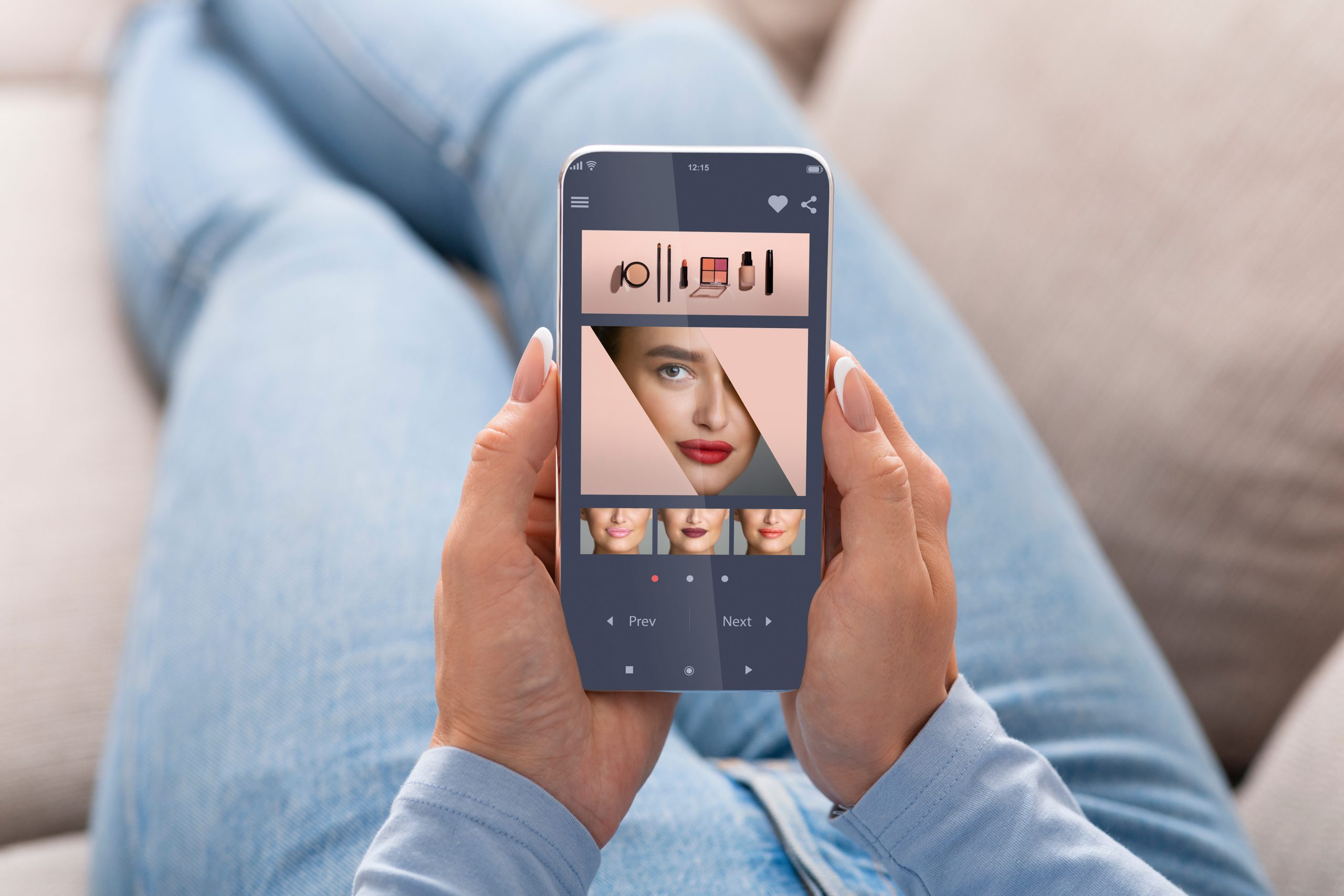
AI-powered virtual try-ons and recommendations
Virtual try-ons are nothing new, but AI has changed the game. This blog previously cited several examples – the L’Oreal ModiFace AR, Tarte Cosmetics virtual try-on, and Shiseido AI Makeup Advisor. With the success of these AI-powered AR try-ons, more and more companies are integrating AI into their marketing and business strategies. Prominent brands include L’Oreal, Olay, Estée Lauder, and even Beiersdorf.
For example, brands implement AI algorithms in virtual try-ons to create a better, more customized experience. For brands like Shiseido and Neutrogena, that involves AI analyzing customer images for facial features and skin issues so the algorithm can recommend suitable products.
Outside of AR, brands also use AI to personalize their product recommendations. Sephora, for example, uses AI algorithms to look at broader customer data in tandem with a person’s previous purchases to suggest products. Other brands use programs to take customer answers to questionnaires and compare them to existing product data to offer products that will suit that customer’s needs.
Generative AI for personalization
Generative AI has exploded in the past few years, with skyrocketing popularity for programs like ChatGPT and Midjourney. And it’s found its own niche in the beauty industry as well. Take a look at Ulta, which has partnered with Haut AI (an engine built for skin analysis) for in-store skincare diagnostics. Haut AI itself has launched SkinGPT, which uses generative AI to simulate how a person’s skin could change based on certain skincare products.
Prose, meanwhile, has launched an innovative AI-powered skincare line – a system that truly personalizes a product for a consumer. Following an online consultation, the system uses the insights to select essential ingredients and create a three-step skincare routine just for you. AI also uses feedback from prose customers to continue to make Prose’s products perfect for the individual consumer while also helping to improve the algorithm for current and future Prose consumers.
This way, the products are guaranteed to suit a person’s skin type and target their unique skincare needs. No more endlessly searching until you find a product that works – these products are made to work for you.
These solutions could be a game-changer within the industry. Imagine an AI system that could create eyeshadow palettes that complement your complexion while matching your colour preferences. Or one that creates your perfect MLBB lipstick shade. It would revolutionize the cosmetics shopping experience.
The Future of AI in Beauty: Meeting Consumer Expectations
The beauty industry is ever-expanding, with thousands of products coming out each year. Customers feel more overwhelmed than ever by the range of choices, with indie brands emerging to compete with established industry names.
Integrating AI-enabled strategies allows brands of any size to remain relevant in the market by delivering more personalized – and more accurate – solutions. An online shop can use AI to suggest the closest matching foundation shades or skincare & haircare products with the most pertinent ingredients, based on your skin type or hair texture.
One important caveat to using AI programs is the dataset used to train those programs. Diversity and inclusivity are non-negotiables now for customers – they want to see their skin tones, conditions, and identities reflected and represented within the beauty industry. The AI dataset needs to exhibit that diversity in itself. If your AI-enabled strategies fail in recommendations for darker skin tones, well… expect your products to be left behind.
A shopper is more than a statistic; they’re an individual person with unique features and needs. They have expectations for their shopping experience. And they’re very much going to be able to tell when they’re receiving generic recommendations or being treated as a data point. Even when using AI, it’s essential to create a customer experience that feels authentic and sincere. A user should feel that they’re valued – that their needs and goals are being taken into account, even within an algorithm.
Predictive Personalization Solutions (PPS) could become more important than ever, as brands find more ways to ensure their customers feel understood in order to maintain loyalty and satisfaction.
The AI (R)Evolution: Where AI-Enabled Strategies Will Go for Beauty Brands
Experts predict AI in the beauty and cosmetics market could reach over US$ 13 billion by 2030. Certainly, AI adoption in multiple industries shows no signs of slowing down – although new regulations and laws may force changes in the technology and its use.
The technology has already transformed the beauty industry in many ways, from improving AR virtual try-ons to leveraging generative AI in product recommendations. But as AI technology improves, we could see even more innovation, especially behind the scenes. Brands could start using AI to generate potential products or streamline inventory – or change the customer buying experience entirely.
Where AI goes within and outside the beauty industry is anyone’s guess. The landscape could look very different 10, 5, even a year from now. Brands will need to find the balance between AI-enabled strategies and person-centric approaches to stay relevant in 2024 and beyond.
Looking for innovative ways to market your AI-powered brand? Get in touch with Kika to book a free consultation and get tailored insights with zero obligations.

